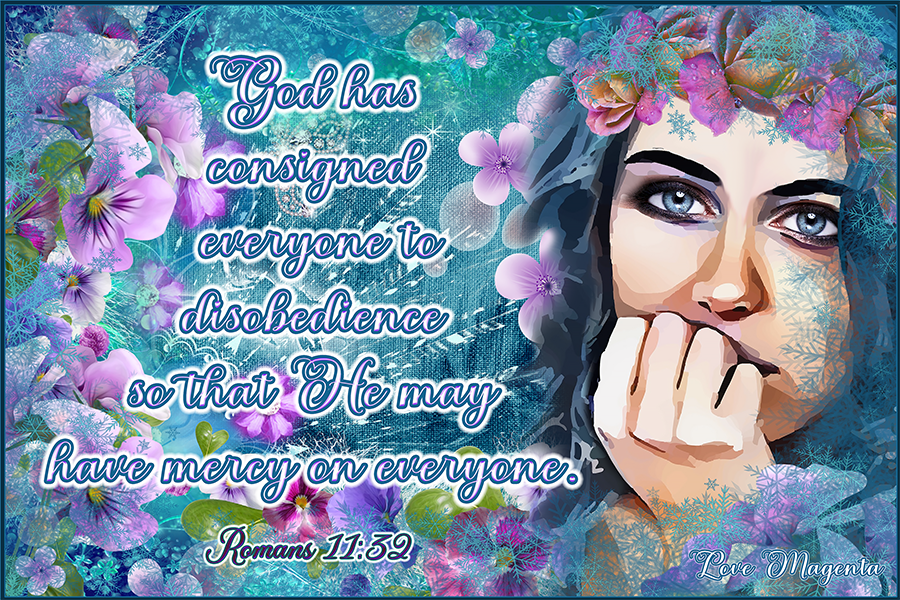I have some questions that I was hoping to get a non-reformed perspective on. It seems that a common objection to reformed soteriology is with regards to God being the author of evil under a reformed perspective. It seems that this contention stems from God making decisions or taking actions that necessarily bring about evil, particularly in people's specific actions or their choice (or lack thereof) with regards to salvation. Hopefully that is an accurate, albeit succinct, representation of the objection.
For those who have used and consider this objection to be reasonable, how do you avoid the inherent implications?
When I consider this objection, I run into aspects of it that I find difficult to reconcile. Let's, for a moment, presume that it is right to think that if a decision or action of God's necessarily brings about evil, that makes Him the author of that evil. Let's also presume that God knows the future decisions and actions of future people (evidenced by prophecy). Even if people are afforded libertarian free will, how does God avoid culpability considering He knows the evil someone will enact (though freely) if they are created and yet, in spite of this certainty, nevertheless creates them?
Disclaimer: In case it wasn't obvious, I'm sure most would consider me reformed or "Calvinist". I hope this does not dissuade participation or stifle dialog. I am not looking to spark an argument. I am, though, looking to understand other perspectives better. I also don't consider myself a particularly bright individual so I'm sure this question has been asked and answered before. I apologize if it has. I just couldn't find it anywhere else. Finally, I apologize if anyone doesn't like the term "non-reformed" but I know there are many positions that fall into this category (Arminianism, Provisionism, Traditionalist, etc.) and I don't know of a better term to encapsulate as many of them as possible.
For those who have used and consider this objection to be reasonable, how do you avoid the inherent implications?
When I consider this objection, I run into aspects of it that I find difficult to reconcile. Let's, for a moment, presume that it is right to think that if a decision or action of God's necessarily brings about evil, that makes Him the author of that evil. Let's also presume that God knows the future decisions and actions of future people (evidenced by prophecy). Even if people are afforded libertarian free will, how does God avoid culpability considering He knows the evil someone will enact (though freely) if they are created and yet, in spite of this certainty, nevertheless creates them?
Disclaimer: In case it wasn't obvious, I'm sure most would consider me reformed or "Calvinist". I hope this does not dissuade participation or stifle dialog. I am not looking to spark an argument. I am, though, looking to understand other perspectives better. I also don't consider myself a particularly bright individual so I'm sure this question has been asked and answered before. I apologize if it has. I just couldn't find it anywhere else. Finally, I apologize if anyone doesn't like the term "non-reformed" but I know there are many positions that fall into this category (Arminianism, Provisionism, Traditionalist, etc.) and I don't know of a better term to encapsulate as many of them as possible.
-
1
- Show all




